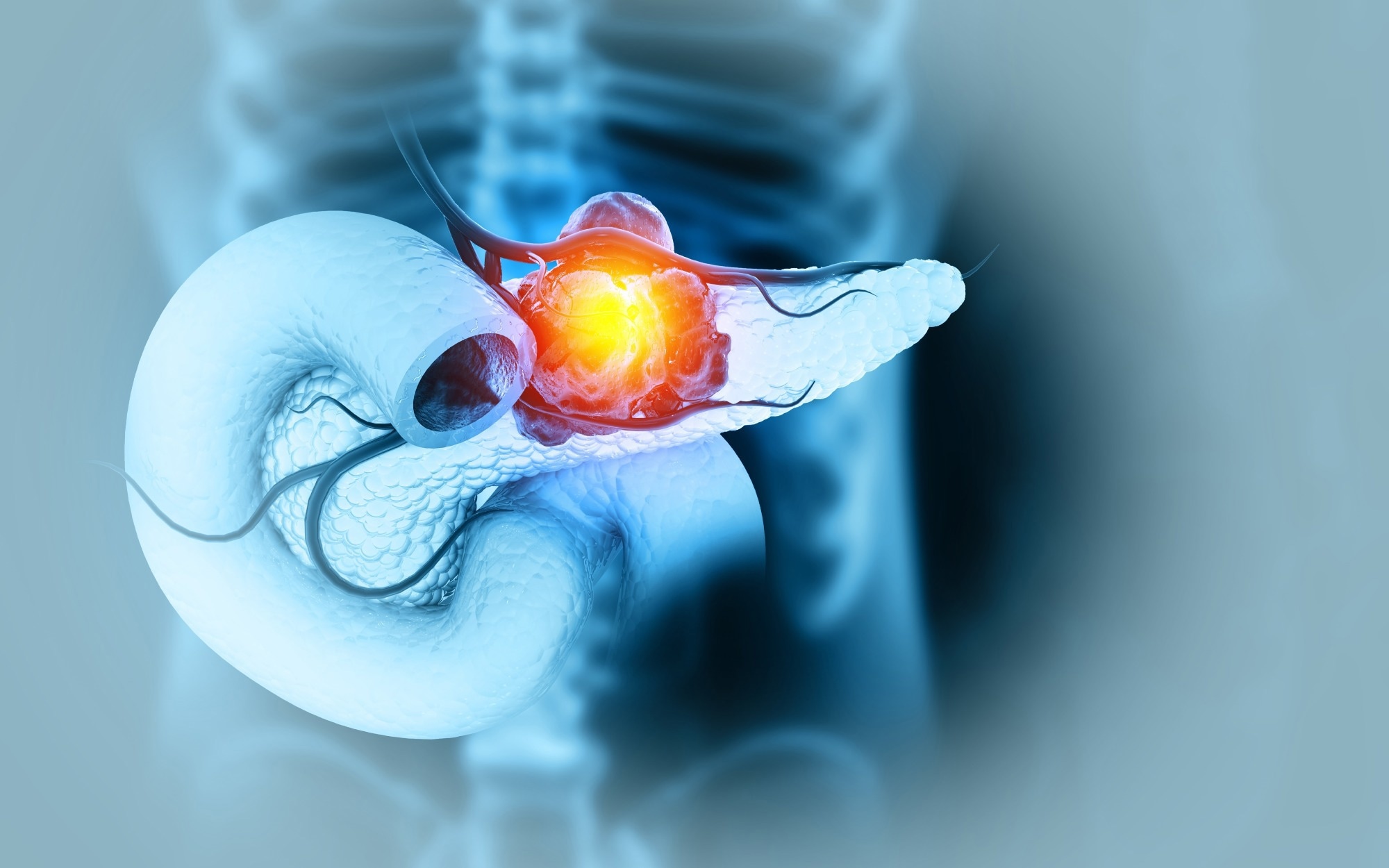Drinking more alcohol, especially beer or liquor, modestly raises your risk of pancreatic cancer, according to one of the world’s largest and most comprehensive studies.
 Study: Alcohol intake and pancreatic cancer risk: An analysis from 30 prospective studies across Asia, Australia, Europe, and North America. Image Credit: crystal light / Shutterstock
Study: Alcohol intake and pancreatic cancer risk: An analysis from 30 prospective studies across Asia, Australia, Europe, and North America. Image Credit: crystal light / Shutterstock
The analysis of a large-scale dataset derived from four continents identified a modest positive association between alcohol intake and pancreatic cancer risk. The findings are published in PLOS Medicine.
Background
Pancreatic cancer is the 12th most common cancer worldwide, associated with a high mortality rate when diagnosed at advanced stages. It accounted for 5% of all cancer-related deaths worldwide in 2022.
The incidence and mortality rates of pancreatic cancer are 4-5 times higher in Europe, North America, Australia, and Eastern Asia compared to other regions. Smoking, obesity, chronic pancreatitis, and diabetes mellitus are some of the major risk factors for pancreatic cancer.
Evidence linking alcohol intake to pancreatic cancer risk remains inconclusive, despite the classification of alcohol as a group 1 carcinogen by the International Agency for Research on Cancer (IARC).
A previous analysis of large-scale observational data from 14 cohorts in the Pooling Project of Prospective Studies of Diet and Cancer showed that the risk of pancreatic cancer can increase by 22% in individuals who consume at least 30 grams of alcohol per day, which is equivalent to two US standard alcoholic drinks per day. However, the majority of existing studies showed inconsistent associations by type of alcoholic drinks and across geographical regions.
The current study aimed to extend the prior analysis in the Pooling Project of Prospective Studies of Diet and Cancer to more conclusively understand the association between alcohol intake and risk of pancreatic cancer.
The study
The study analyzed population-based, individual-level data from 30 prospective studies across four continents: Asia, Australia, Europe, and North America. The pooled dataset included a total of 2,494,432 participants without cancer at baseline.
In analyzed studies, self-reported information on alcohol intake (in grams of ethanol per day) was assessed using a food frequency questionnaire or a lifestyle questionnaire. The first primary incident of pancreatic cancer cases were determined by self-report with subsequent medical record review, cancer registry linkage, or both approaches.
Study findings
The analysis of pooled data identified a total of 10,067 incident pancreatic cancer cases during the follow-up period of 15 years. A significant positive association was observed between alcohol intake and pancreatic cancer risk.
Overall, a 3% increased risk of pancreatic cancer was observed with a 10-gram per day increment of alcohol intake. No significant impact of participants’ gender or smoking status was found on the observed association.
The reference group for risk comparison was light drinkers (0.1 to less than 5 grams per day), not absolute non-drinkers, to reduce bias from former drinkers.
The analysis adjusted for a range of confounders, including detailed smoking variables (status, duration, intensity, and cessation), diabetes, body mass index, physical activity, education, and race/ethnicity.
Among the analyzed geographical regions, the positive association between alcohol intake and pancreatic cancer risk was observed in Europe, Australia, and North America. However, in Asia, this association was not present. This could be because of the low prevalence of alcohol drinkers in Asian cohorts (38% vs. 70% overall), the underrepresentation of Asian participants (8% of the study population), and genetic factors influencing alcohol metabolism.
Among tested alcoholic drinks, beer and liquor were identified as significant risk factors for pancreatic cancer. However, no significant association was observed between drinking alcohol from wine and the risk of pancreatic cancer.
Study significance
The study reveals that intake of alcohol, especially beer and liquor, moderately increases the risk of pancreatic cancer in both men and women, irrespective of previous or current smoking habits.
The study mentions explicitly that compared to light drinkers (drinking 0.1 to 5 grams per day), men who consume at least 30 grams of alcohol per day and women who consume at least 15 grams of alcohol per day are at higher risk of developing pancreatic cancer. A stronger association has been observed for alcohol intake of 60 grams per day or more. For women, risk categories were combined for those consuming 30 grams per day or more due to limited numbers at the highest intake levels.
Alcohol metabolism is controlled by two enzymes: alcohol dehydrogenase and aldehyde dehydrogenase. The efficiency of the alcohol metabolic process depends on the variants of the genes that encode these enzymes.
Asian populations have a higher prevalence of genes encoding for the fast alcohol dehydrogenase metabolizer and slow aldehyde dehydrogenase metabolizer than Whites. These genotypes cause the accumulation of acetaldehyde in the blood. Asian people who carry these genotypes experience flushing reactions in response to alcohol ingestion and tend to either avoid or drink less alcohol. This explains the observation that alcohol intake is not associated with higher pancreatic cancer risk among Asians.
Alcohol as a carcinogen can trigger inflammation, oxidative stress, free radical production, microbiota dysbiosis, and DNA damage. These processes can cause pancreatic cell damage and pancreatic fibrosis, which in turn can increase the risk of pancreatic cancer development.
Notably, the study finds that previous or current smoking habits do not influence the negative impact of alcohol intake on pancreatic cancer risk. This observation does not refute the well-established impact of smoking on pancreatic cancer risk, but rather suggests that the effect of alcohol on pancreatic carcinogenesis is independent of smoking habit.
The study analyzed a single timepoint data on participants’ alcohol intake during mid-to-late adulthood and included a limited number of Asian cohorts. The researchers highlight the need for future studies to examine the impact of lifetime alcohol intake on pancreatic cancer risk as well as the impact of specific drinking patterns, including binge drinking.